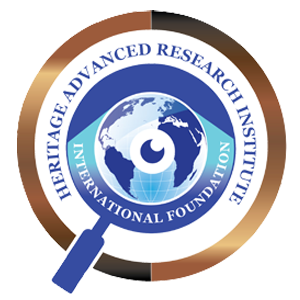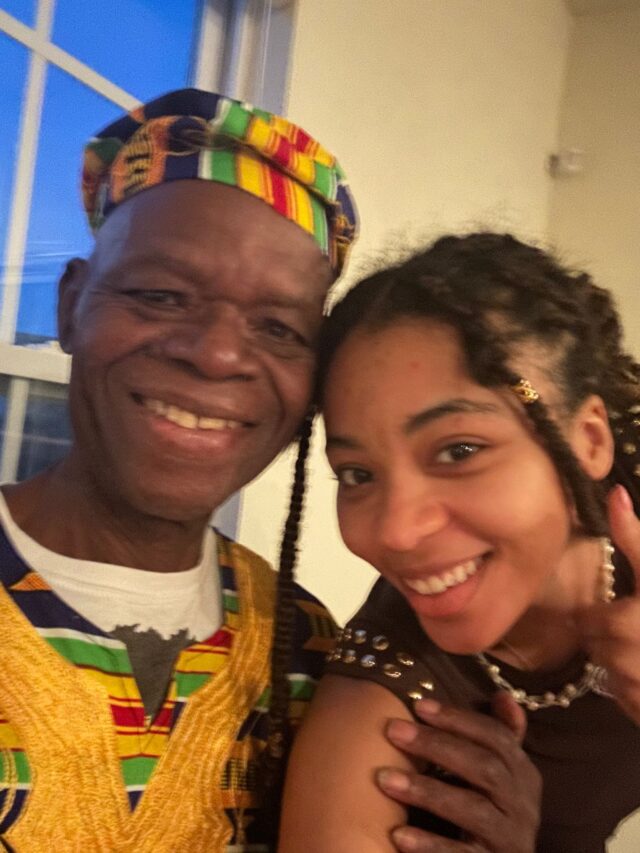The Importance of Accurate History: A Critical Perspective by: MurandaChatonda Ph.D with Daughter Princess Cassandra Janet Chatonda:
“Fostering World Peace Starts with you”
The significance of accurate historical accounts cannot be overstated in shaping human cooperation and fostering peaceful coexistence. Our collective history, encompassing the good, the bad, and the ugly, serves as a repository of valuable lessons for present society. It is imperative that history be presented with meticulous attention to detail, reflecting the full spectrum of human experiences.
However, the integrity of historical narratives is often compromised by biased interpretations and selective omissions by self-serving historians with hidden agendas. History should not be manipulated or repackaged to fit preconceived notions but should stand as a faithful record of past events, warts and all.
The emotional intensity evoked by historical accounts underscores the necessity for accuracy. By presenting history truthfully, we gain insights into our origins and pave the way for a more enlightened future. It is crucial to learn from history without succumbing to anger or seeking retribution for past transgressions.
Global history, including African history, requires a critical reevaluation to correct deliberate misinformation perpetuated by colonial powers. The misrepresentation of African civilizations and the distortion of events underscore the need for a more authentic historical narrative.
Religious texts, such as the Torah, Bible, and Quran, should be viewed as philosophical and spiritual guides rather than historical documents. They offer insights into belief systems and moral teachings, distinct from factual historical accounts.
The integration of diverse populations, such as the Palestinians, highlights the interconnectedness of human history and the fluidity of identity. DNA evidence supports the shared heritage of diverse populations, emphasizing the unity and common history of humanity.
In light of these complexities, historians are called upon to reexamine their approach to storytelling and prioritize honesty and accuracy. History books should serve as a testament to the pursuit of truth and the dissemination of valuable lessons for humanity’s collective growth and understanding. A dedication to transparency and objectivity in historical narratives can guide us towards a more enlightened and harmonious future.




